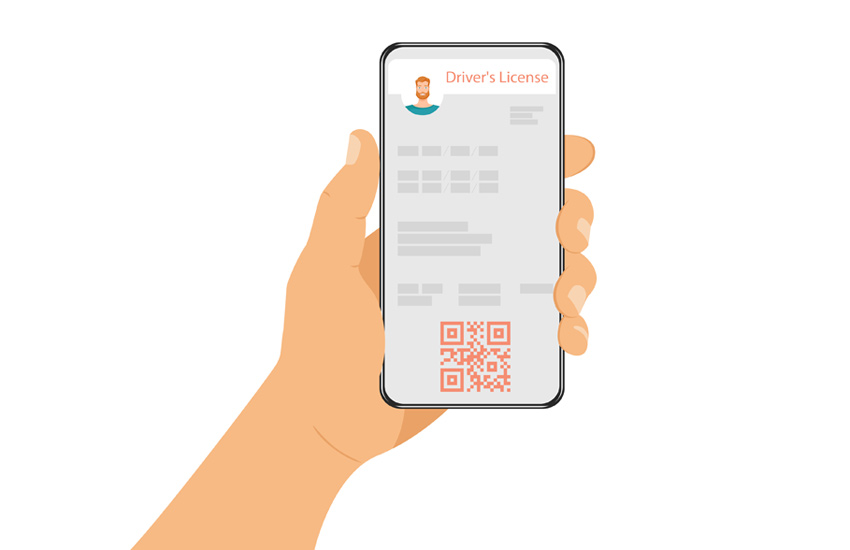Today it was announced that a consortium led by LG CNS has won a government contract for a mobile driver’s license that uses decentralized identity (DID) technology. The mobile driver’s license will be a digital national identity credential based on a driver’s license issued by the National Police Agency. It is equivalent to the existing plastic driver’s licenses and plans to launch by year’s end.
While this certainly isn’t the first national digital identity – for example, Estonia has had one for years and uses blockchain – it may be the first national identity based on DID technology and blockchain.
The other consortium partners are Sysone and Raon Secure, a founder of the DID Alliance and the OmniOne blockchain.
“Through DID technology that realizes sovereign identity (SSI), all citizens will be able to enjoy the next-generation identification service that is safer and more convenient than the existing system,” said Lee Soon-hyeong, Raon Secure’s CEO.
Adopting DID technology provides numerous benefits but two stand out. Firstly, it should make it far harder to forge a license because credentials can be verified. Additionally, OmniOne includes FIDO biometric security. The second key benefit is that an individual can choose how much data to share. For example, a driver’s license includes a person’s age, and with DID it’s possible to prove you’re over 21 without sharing a date of birth or even a name.
Last year, the major telecoms firms in Korea launched a commercial app, “Pass“, that performs a similar function by enabling someone to store a copy of their plastic driver’s license on the mobile phone for similar verification. Raon Secure says the difference is “the government mobile driver’s license is issued by the National Police Agency through a strong security process.”
Many COVID digital health credentials are decentralized identity applications, highlighting the need for interoperability between different DID applications. In some ways, Korea has a bigger challenge. It has been at the forefront of exploring DID applications, and as a result, the numerous DID consortia may not originally have been designed to interoperate.
Meanwhile, LG CNS and Raon Secure have already signed preliminary deals for private applications based on the mobile driver’s license. One can imagine an app to prove someone’s age, to hire a car, or numerous other use cases. The deals are with the Telecommunications and Clearings Institute, NH Nonghyup Bank, Woori Bank, Shinhan Card, Nice Information and Communication, and KST Intelligence.






